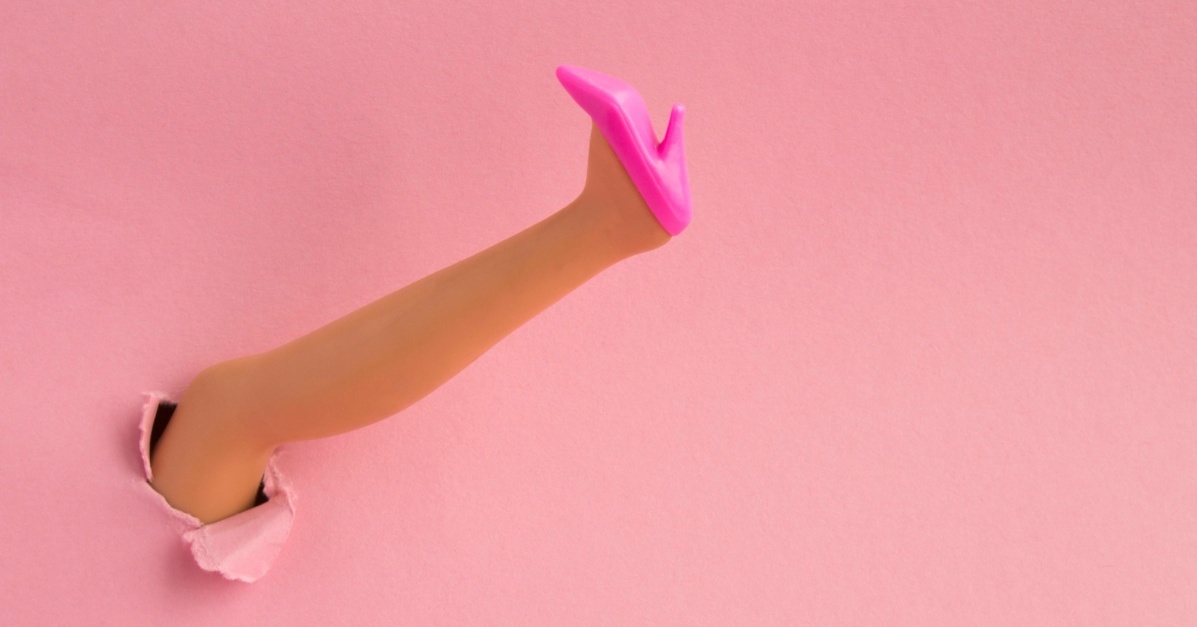
On Saturday, I, alongside thousands of people across the UK, flocked to the cinematic phenomenon that is Barbie.
Taking a seat in the local cinema, I was struck by the sense of excitement in the air. Cinemagoers around me had embraced Barbiemania. Groups of friends, couples, fathers and daughters, children, adults, and teens alike had all jumped headfirst into Barbieland, dressing in garish outfits inspired by Barbie’s electric pink attire.
Barbie had become cultural zeitgeist, and the cultural zeitgeist had become Barbie.
Barbie’s reimagination through a feminist Gerwig-esque lens raised important questions – from women’s place in society, to motherhood, to the corrosive impact of hegemonic masculinity. However, leaving the cinema, I was left with a lingering thought about Mattel – the corporation behind the eponymous doll.
Barbie world vs. reality
We’re not living in a Barbie world; we’re living in an era of cynicism where brands can face an uphill battle to win the hearts and minds of those who buy and use their products. The digital age means consumers are more informed and more connected – and many are demanding greater authenticity from the brands they engage with.
In this context, traditional marketing tactics can fall flat, prompting brands to explore new ways to make their mark on the cultural landscape. This includes, in the case of Mattel and Barbie, embracing a popular caricature of the corporate.
As the producer of the $400 million megahit, Mattel cleverly contrasts itself with the vibrant and fantastical world of Barbieland. Instead of basking in the technicolour glory of its creation, Mattel instead opts to portray itself as a grey, soulless American corporation led entirely by a board of white, middle-aged, and grossly incompetent men. Indeed, in an act of transparency, Mattel even references historic investigations into corruption by its own executives.
By placing itself in an unflattering – self-deprecating – light, Mattel plays into a trope of the “bad corporate”, while extoling the ideals represented by Barbie. A daring approach or a calculating one?
Well, the film has been a runaway success, and as a producer, Mattel will reap those rewards. Indeed, the film has almost singlehandedly revived the Barbie brand and widened its appeal beyond children. Entering countless merchandising deals – from ASOS adult clothing ranges to pink Burger King meals – Mattel’s share price is up more than 15 per cent in the last month.
Clearly the self-deprecation is paying off (in spades).
Mattel is not alone
Mattel is not alone in its calculated embrace of the good and the bad in their reputation; other brands, like budget airline Ryanair, have harnessed this strategy to solidify their connection with audiences and consumers. Taking to TikTok and other social media platforms, Ryanair has playfully embraced its ‘budget’ reputation, satirising the idea of charging for toilets and poking fun at the lack of luggage space and cramped seating. Through humour, Ryanair leans into perceived negatives for customers, strategically turning them into moments of amusement.
Even Duolingo, known for its persistent and somewhat aggressive bird mascot, has cleverly used self-deprecation to establish its own quirky brand identity. Anthropomorphising the sassy bird and giving it a mischievous persona – based on the app’s overly assertive push notifications – Duolingo has constructed a distinctive and endearing brand image that attracts and disarms users.
Why now… Barbie?
Traditional marketing techniques present an idealised version of life, disconnected from the realities faced by consumers. Amid the climate crisis and spiralling cost of living, brands adopting a searingly honest, or self-depreciating, marketing strategy offers a refreshing and relatable approach that perhaps chimes with the issues we – as consumers and citizens – currently face.
Traditionally companies have been hesitant to address their shortcomings for fear of compromising their market position. Against the backdrop of an increasingly transparent and highly visible commercial landscape, corporate inaction and failings can become more apparent. For the right brands, addressing their perceived shortcomings head-on through humour may well foster greater trust with those more civically (and cynically)-minded customers.
Conclusion
In an era where authenticity is highly valued, gone are the days when traditional marketing tactics held sway. Today, shrewd brands are using humour and self-deprecation as a potent tool to win the hearts and minds. While this approach must be underpinned by a strong sense of purpose and brand identity – businesses are increasingly lowering their façade and embracing the holes in their corporate reputations to better connect and engage with a more discerning, connected and informed customer base.
Read more Insights & News
